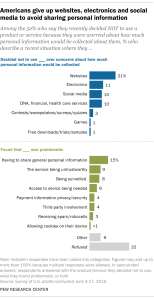
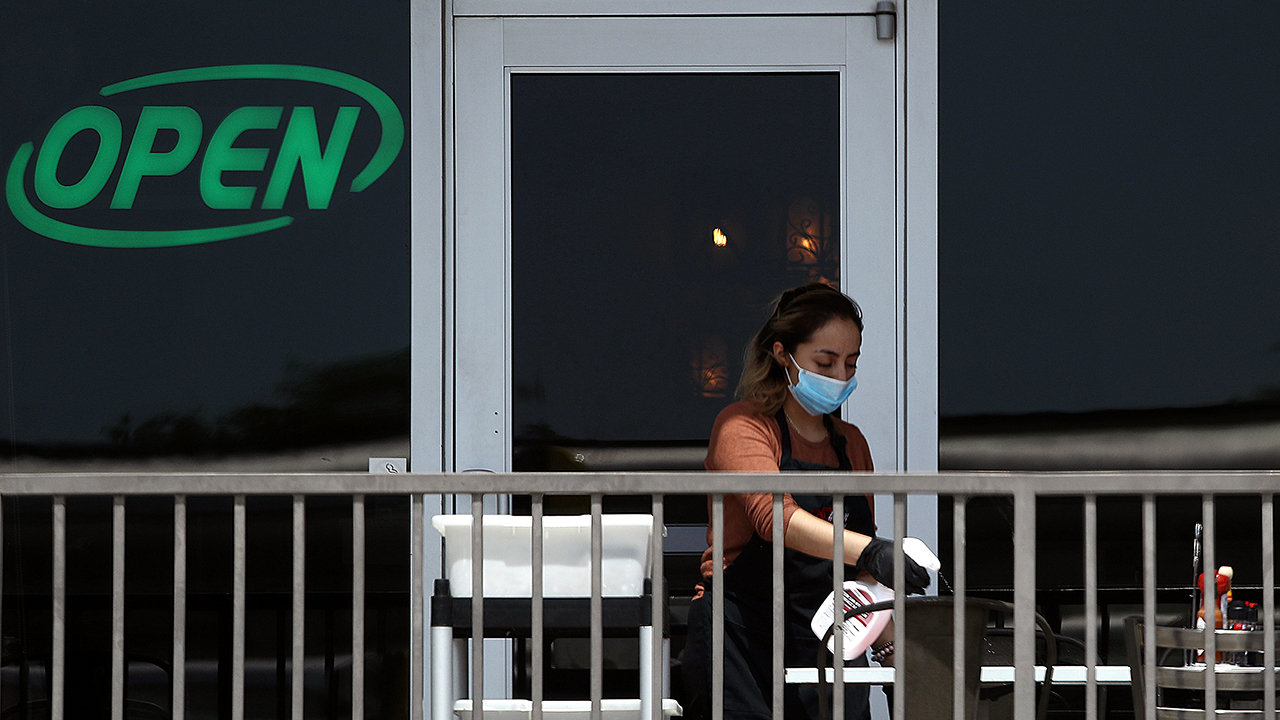
A sizable majority of Americans (68%) continue to say their greater concern is that state governments will lift coronavirus-related restrictions on public activity too quickly. Fewer than half as many (31%) say their greater concern is that states will not lift restrictions quickly enough, according to a new Pew Research Center survey that comes as some states begin to ease the restrictions they put in place to combat the spread of COVID-19.
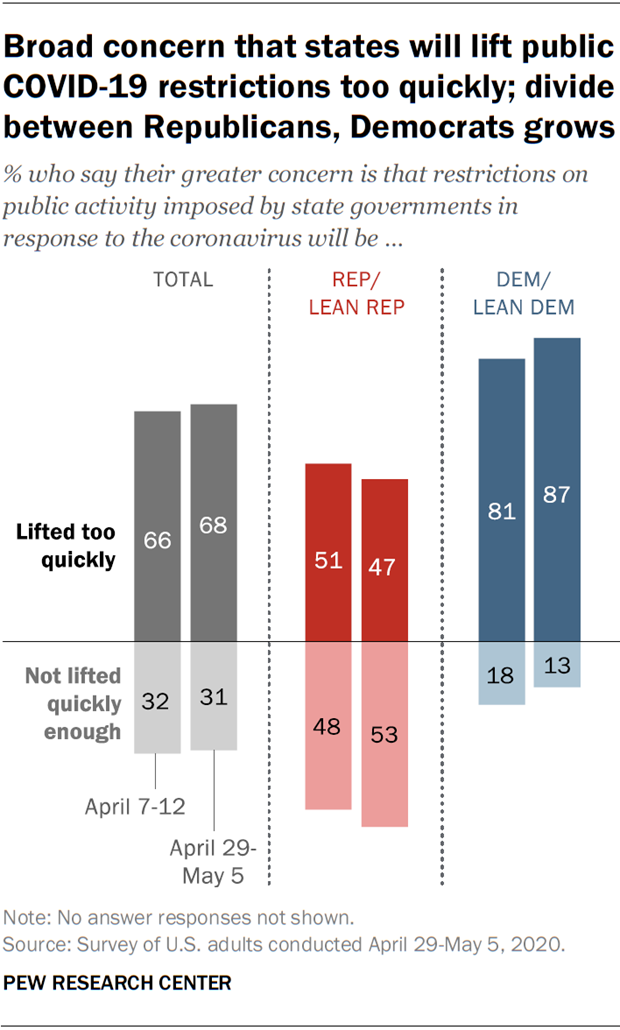
Overall, the public’s views on this question are little changed since early April, though they are somewhat more divided along partisan and ideological lines. Republicans, especially conservative Republicans, have become more concerned that the state restrictions will not be lifted quickly enough, while a growing share of Democrats worry more that they will be lifted too quickly.
Meanwhile, when Americans are asked about the restrictions on public activity in their area, about half (48%) say that the current number of restrictions is about right. The remainder are split between those who believe there should be more restrictions than there are right now (27%) and those who believe there should be fewer (24%), according to the survey, conducted April 29 to May 5 among 10,957 U.S. adults on the Center’s American Trends Panel.
How we did this
Pew Research Center conducted this study to understand Americans’ attitudes toward state-level restrictions aimed at preventing the spread of the coronavirus. For this analysis, we surveyed 10,957 U.S. adults from April 29 to May 5, 2020. Everyone who took part is a member of Pew Research Center’s American Trends Panel (ATP), an online survey panel that is recruited through national, random sampling of residential addresses. This way nearly all U.S. adults have a chance of selection. The survey is weighted to be representative of the U.S. adult population by gender, race, ethnicity, partisan affiliation, education and other categories. Read more about the ATP’s methodology.
Here are the questions used for the report, along with responses, and its methodology.
Growing differences by party and ideology
Today, 87% of Democrats and Democratic-leaning independents say their greater concern is that states will lift the restrictions too quickly, compared with 47% of Republicans and Republican leaners. A month ago, the partisan gap was smaller (81% of Democrats, 51% of Republicans).
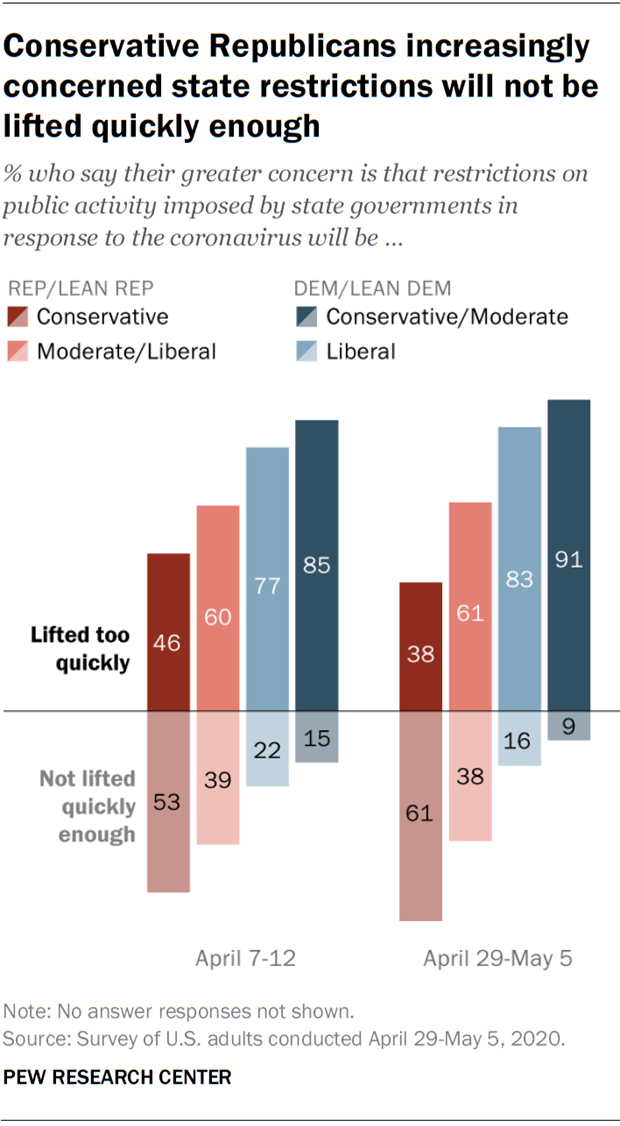
Over the past month, conservative Republicans have become more likely to say their greater concern is that restrictions will not be lifted quickly enough. The 61% of conservative Republicans who now say this is up from 53% in another survey conducted April 7-12. Among moderate and liberal Republicans, by comparison, the 61% who now say they are more concerned that restrictions will be lifted too quickly is nearly identical to the 60% who said this in the earlier survey.
Democrats are more united than Republicans when it comes to their concerns about state-level restrictions. About nine-in-ten liberal Democrats (91%) say their greater concern is that restrictions will be lifted too quickly, a view shared by more than eight-in-ten conservative or moderate Democrats (83%).
Over the past month, both liberal Democrats and conservative and moderate Democrats have become 6 percentage points more likely to say their greater concern is that restrictions will be lifted too quickly.
Among Republicans, differences by state
Republicans’ attitudes regarding restrictions on public activity also vary depending on whether their state is currently under a stay-at-home or shelter-in-place order.
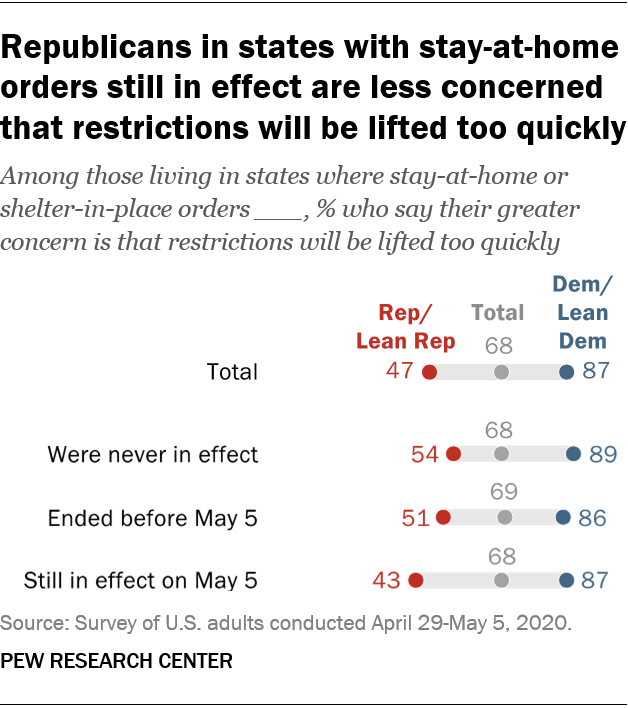
Slightly more than half (54%) of Republicans living in states where there has not been a statewide stay-at-home order during the coronavirus outbreak say their greater concern is that restrictions will be lifted too quickly. This view is shared by about half (51%) of Republicans living in states where a stay-at-home order was previously in place but ended prior to May 5.
By comparison, among Republicans living in states where statewide stay-at-home orders were in effect at the time of the survey, nearly six-in-ten (57%) say their greater concern is that restrictions will not be lifted quickly enough, compared with about four-in-ten (43%) who say their greater concern is that restrictions will be lifted too quickly.
Categorizing states by stay-at-home/shelter-in-place restrictions
For the analysis of views of state-level stay-at-home/shelter-in-place orders, states were categorized as follows:
States where statewide stay-at-home orders were never in effect: AR, IA, NE, ND, OK, SD, UT and WY.
States where statewide stay-at-home orders were lifted before May 5: AL, AK, CO, FL, GA, ID, IN, KS, ME, MS, MO, MT, SC, TN, TX and WV.
States where statewide stay-at-home orders were still in effect on May 5: AZ, CA, CT, DE, DC, HI, IL, KY, LA, MD, MA, MI, MN, NV, NH, NJ, NM, NY, NC, OH, OR, PA, RI, VT, VA, WA and WI.
Data on state restrictions was sourced on May 6 from a New York Times interactive on state restrictions.
There are no major differences in these attitudes among Democrats. Nearly the same proportions of Democrats who live in states where stay-at-home orders are currently in place (87%), states where stay-at-home orders have been lifted (86%) and states where there has not been a stay-at-home order (89%) say they are more concerned that restrictions will be lifted too quickly.
Partisan differences in views of local restrictions
Overall, about half of Americans (48%) say the current number of restrictions on public activity in their area is about right. Republicans and Republican leaners are much more likely to say that there should be fewer restrictions in their area (44%) than to say there should be more restrictions in their area (16%). Democrats and Democratic leaners are more likely to say there should be more restrictions (35%) than fewer (8%).
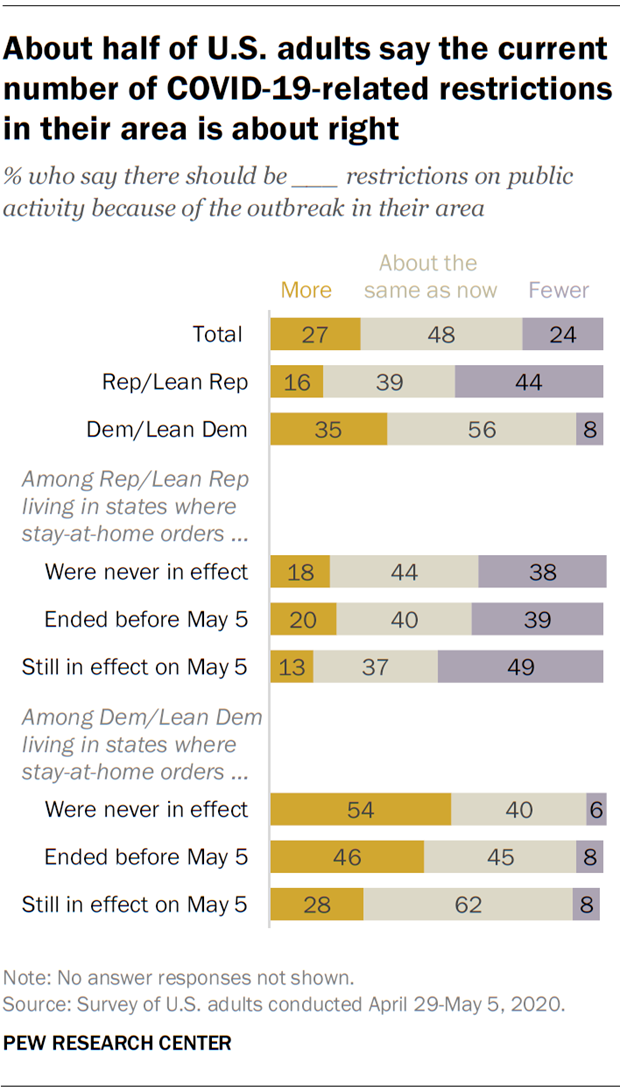
Republicans who live in states that are currently under stay-at-home orders are more likely to say there should be fewer restrictions in their area. About half (49%) of Republicans living in states under stay-at-home orders as of May 5 say this, compared with about four-in-ten Republicans living in states without such orders in place.
Meanwhile, Democrats living in states without stay-at-home orders in place are more likely to say there should be more restrictions. About half (47%) of Democrats who live in states without stay-at-home orders – or where the orders have expired – say there should be more restrictions in their area. Fewer than three-in-ten Democrats living in states with stay-at-home orders in effect say there should be more restrictions on public activity in their area right now.
Here are the questions used for the report, along with responses, and its methodology.
